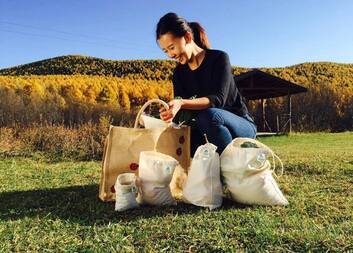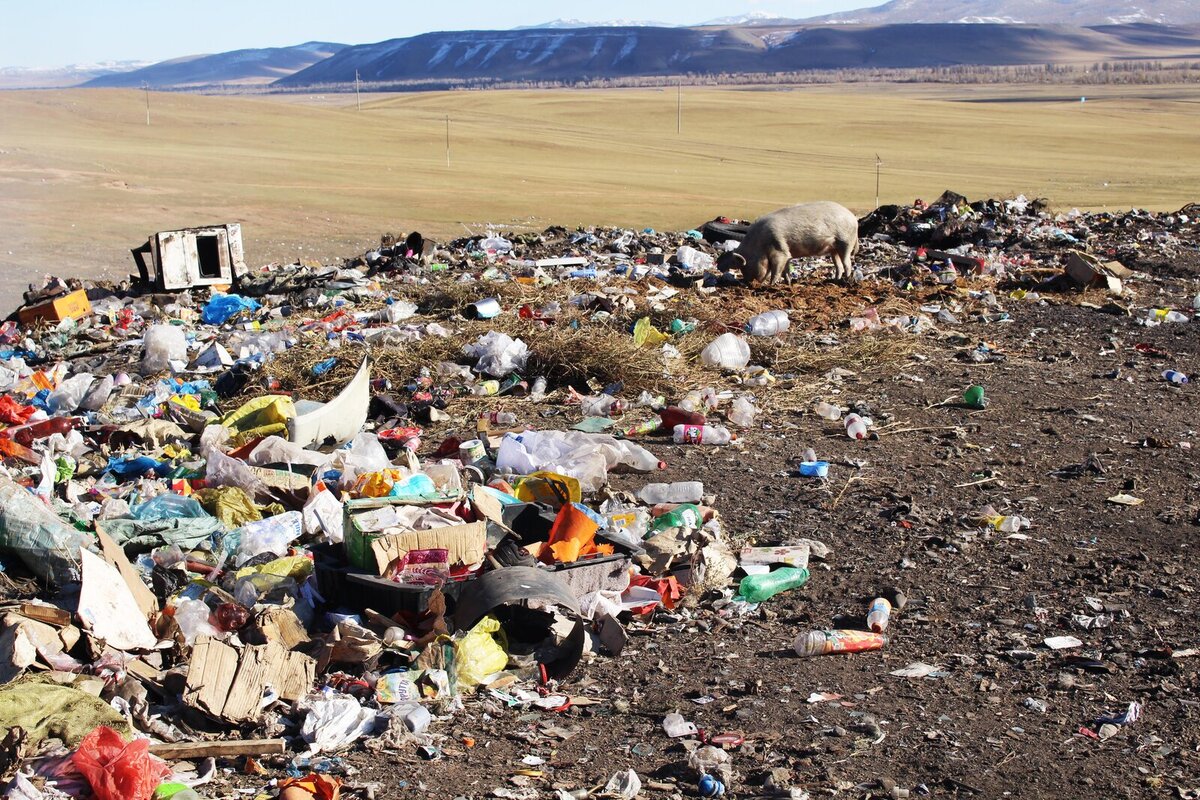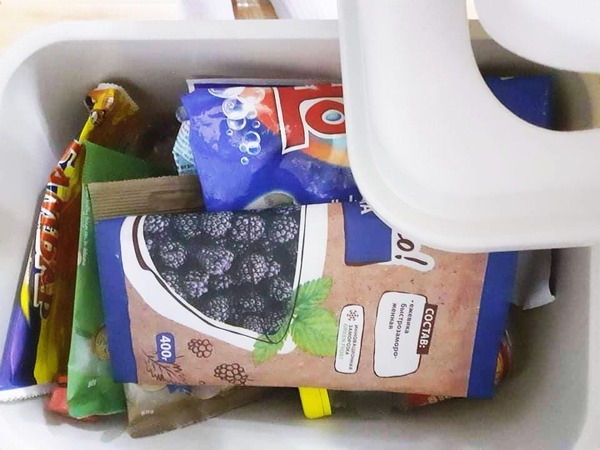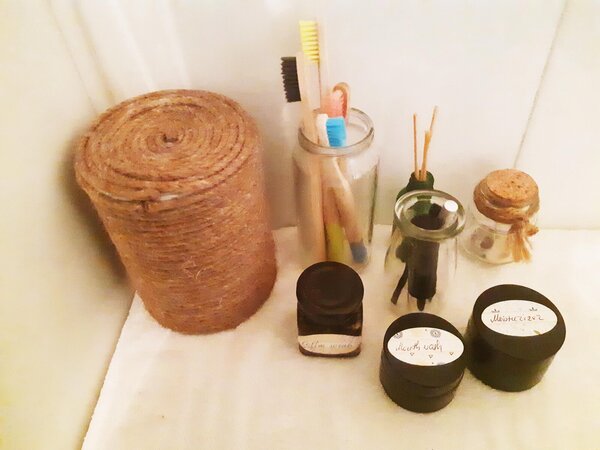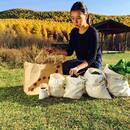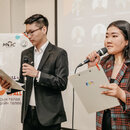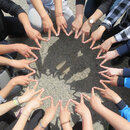Waste management has become a major issue in Mongolia due to increased population growth, urbanization and industrialization during the last decade. Caritas is helping Mongolia with sustainable plastic recycling and supports the development of a green economy. Its new project aims to strengthen the transition towards a low-carbon, resource-efficient circular economy in Mongolia with the financial support of the European Union.
In 2010, the total amount of waste generation in Mongolia was 840,000 tons and has since increased almost fourfold to 3,353,000 tons by 2019. More than 80% of it is being dumped in disposal sites, despite there being approximately 23 factories that recycle waste in Mongolia.
One of the main issues for recycling plants is the shortage of raw materials or the waste that people produce every day. In January 2021, we conducted an online training about sorting waste at home, which attracted a lot of people. If everyone starts to segregate and sort their waste in their homes like Uyanga, it will not only reduce the size of waste disposal, but also the negative impacts on the environment and public health.
Motivation of earth harmony living
When Uyanga was a student in India, her neighbors wondered why she took a shower every day. At that time, she did not realize that at least 2 billion people drink water from contaminated sources and half a million people die from water shortage and contaminated water every year in the world. When she returned back to her hometown in Mongolia and went to summer camp, she was sad to see that livestock, such as cows and pigs, were eating garbage rather than grass.
From this moment, she asked herself what she could do for the protection of nature and animals. She decided to change her lifestyle and devote herself to nature. Uyanga started to sort her waste at the household level and deliver it to a raw material collection point. From there, those recyclable waste products go to the recycling plants.
Appeal to sort waste
“If someone tries to segregate waste in her/his home for the first time, start to sort it into two categories: non-recyclable waste and recyclable waste. You can put and collect the recyclable waste on the balcony in your home and then deliver it to the raw material collection point once in every two months. It will be an easy and feasible step to follow for beginners to sort their waste at their home” said Uyanga.
She also prevents making a lot of waste by using reusable shopping bags and refusing to buy plastic products and processed products in order to eat healthy. As result of this, the amount of waste in her home has been relatively reduced.
She is quite optimistic about the future of waste management in Mongolia. She believes that current projects related to waste management, such as the Sustainable Plastic Recycling in Mongolia project, will bring notable changes in the future. Furthermore, she expects that she will soon be able to dispose her sorted waste outside her home’s waste collection point, instead of delivering it to the raw material collection point by herself regularly.
Segregate and Sort your waste! Be a #RecyclingHero
About project: Caritas Czech Republic in Mongolia implements the Sustainable Plastic Recycling in Mongolia project supported by the European Union and EU SWITCH-Asia programme along with four project partners: Environment and Security Center of Mongolia, Ecosoum, Mongolian Sustainable Development Bridge and T.G. Masaryk Water Research Institute.
The overall objective of the project is to contribute to economic prosperity and poverty reduction and support the development of a green economy and the transition towards a low-carbon, resource-efficient and circular economy in Mongolia. Click here for further information about the project.

